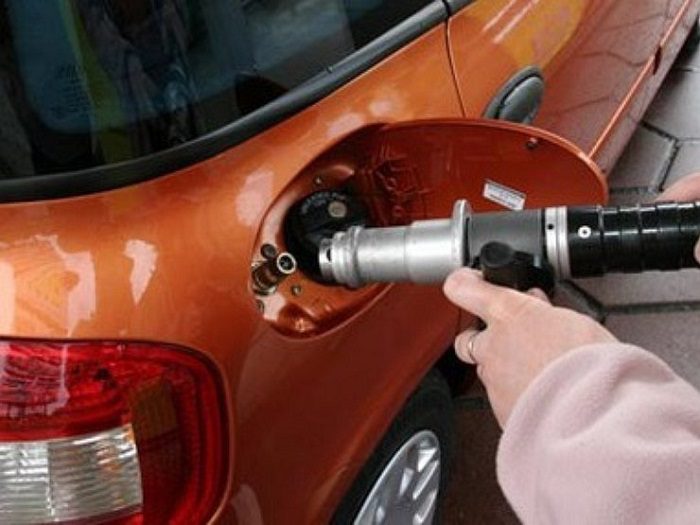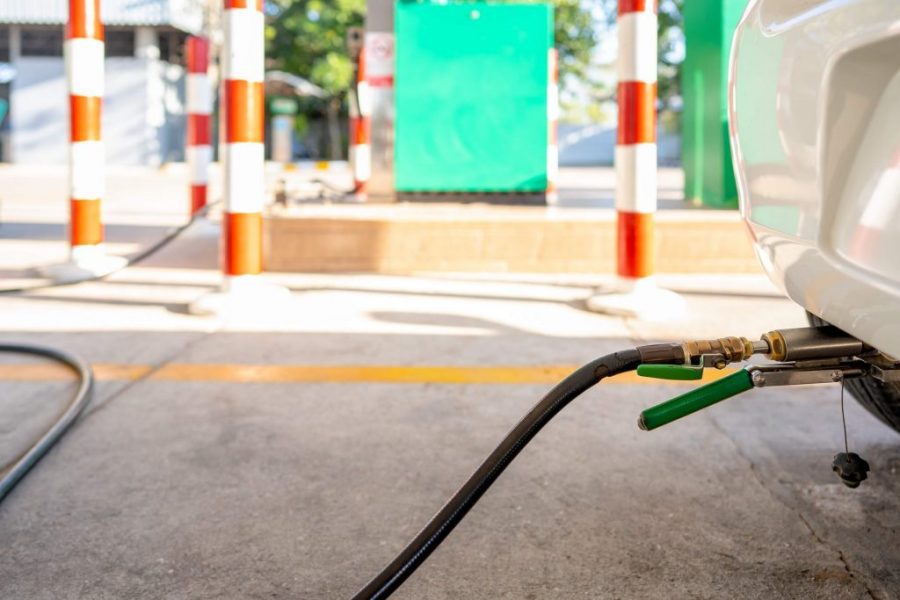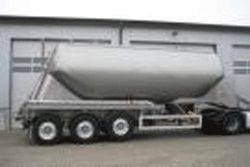
The car twitches on gas - what could be the reason?
Content
LPG cars are still very popular because gas has been much cheaper than other fuels for many years. Installing a gas system in a vehicle will be especially useful for those who travel many kilometers every day. An LPG car needs to be looked after even more than a regular car. Unfortunately, gas vehicles fail more often. One of the symptoms might be twitching while driving, for example.
What will you learn from this post?
- What does jerking in an LPG car mean?
- What to do to prevent the car from being jerked?
- Why is the quality of LPG installations so important?
Shortly speaking
However, many car owners decide to install LPG systems in their vehicles. However, how reliable is such a setup? Many gasoline car owners complain about engine jerking and throttling that does not occur after switching to gasoline. This may be a sign of a malfunctioning ignition system, so you should first check its condition. Mostly ignition wires, spark plugs and coils. After troubleshooting these elements, take a close look at the LPG system itself, that is, the volatile phase filters and pipes through which gas is supplied to the injectors.
Twitching and choking are unpleasant symptoms
Choking, jerking or poor response to pressing the accelerator pedal are situations that can annoy any driver. However, this type of symptom is most often encountered by drivers who have installed an LPG system in their vehicles.... A car running on this type of fuel must be additionally refueled with gasoline. Moreover, often the problem does not arise with gasoline, but after switching the car to gas, it begins to twitch and stop. These symptoms are especially unpleasant when driving in the city, where we usually move "from traffic lights to traffic lights."
Is gas always to blame?
Most drivers, upon recognizing the symptom of twitching when driving on gas, quickly diagnose that the gas system is to blame. Advertise installation assembly or ask locksmith to check. However, does LPG always cause the car to jerk and choke? Not necessary. Very often the diagnosis is quite different - faulty ignition system, while even minor malfunctions when driving on gas are noticeable much more clearly than when switching to gasoline.
Ignition system problem
If you suspect that the ignition system is defective, first check its condition. ignition cables... They often cause unpleasant twitching. Of course, this is not a rule, but replacing these hoses should significantly improve the quality of the power unit operating on LPG. Of course, it's not just wires that affect the efficiency of the entire ignition system, so it's worth taking a look at the following. coils and spark plugs... Spark plugs, like ignition cables, should be replaced systematically, preventively, because it is these elements that are responsible for the reliable ignition of the gas-air mixture in the engine.

If not the ignition system, then what?
Jerking the car after switching to gas immediately causes problems with the ignition system in memory, but not only this can cause the car to choke. If caring for the ignition system does not help, the cause should be sought in the gas installation itself. It is worth checking the condition filters of the volatile phase, as well as pipes through which gas is supplied to the nozzles... Clogged filters can cause the car to jerk, if not only when driving on gas.
Only high quality gas installation
LPG installation entails tampering with the original electrical system of the vehicle and thus can cause problems, especially if the change was not very reliable or using cheap plugs and cables. Long work These elements can cause small cracks in the covers and thus easily expose the entire system to dirt and moisture. As a result, the car will bounce, scour, and gasp.
Take care of yourself and check
Vehicles with LPG installations are particularly prone to jerks while driving. This is because they are much more sensitive to any malfunction in the ignition system. The most common problems with the ignition system are frayed and dirty wires, worn plugs or dirt on the coil. The problem usually gets worse during cold and humid seasons, because damaged cables do not react well to moisture and dirt. This is why it is so important to regularly replace wires and spark plugs and check the condition of the coil. Usually, these simple operations help to eliminate the problem with throttling and stopping the car on gas. However, if they did not help, you should pay attention to the quality of the LPG system installed in the car and contact a specialist to inspect it.
Searching Wire i Spark plug do not select items from unknown companies. Make sure your replacement parts are of the highest quality - proven components from well-known companies can be found at autotachki.com.

